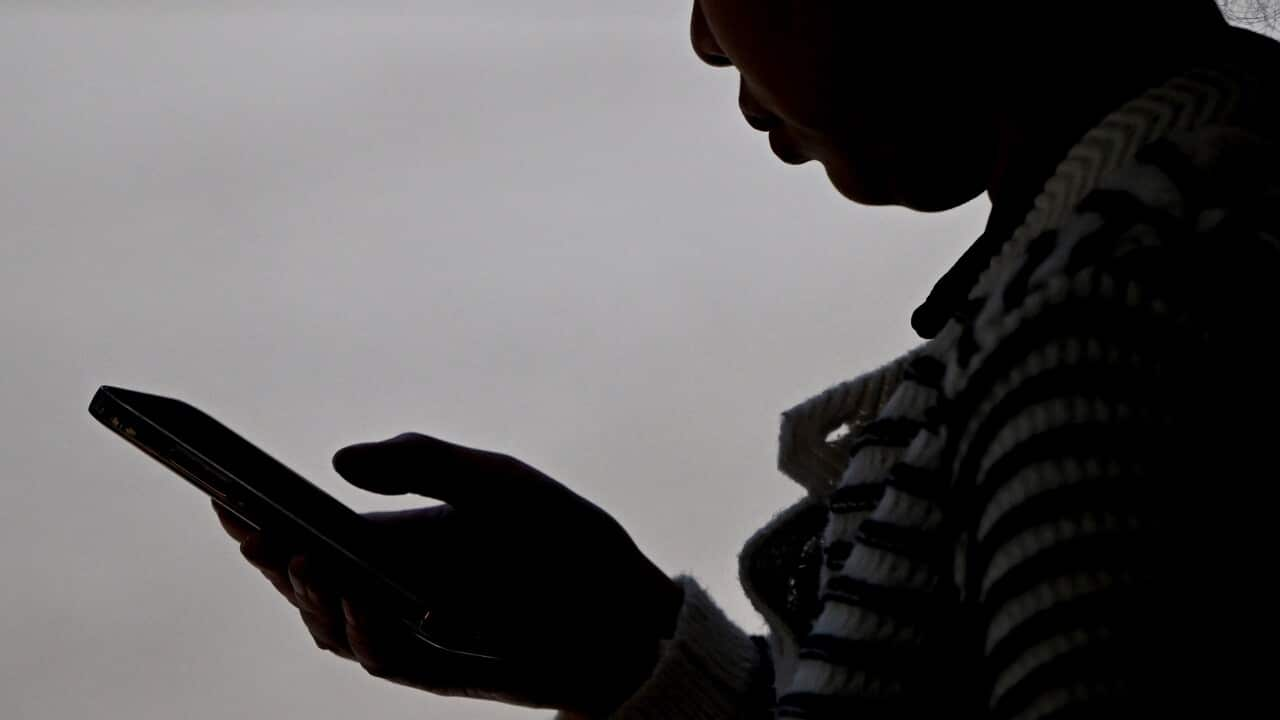Key Points
- Attorney-General Mark Dreyfus has introduced legislation to outlaw the practice known as doxing.
- Doxing involves people’s personal information being shared online to encourage harassment.
- New penalties for hate crimes were also introduced on Thursday, with some groups saying they did not go far enough.
People who maliciously reveal private information about someone online could soon face up to seven years in prison.
People found to have doxed someone will face a maximum of six years in prison, while offenders will get up to seven years behind bars if a person has been targeted due to factors such as race, religion or sexual orientation.
Doxing refers to revealing a person’s private information, such as phone number or address, without their consent and is often used to encourage harassment.
Attorney-General Mark Dreyfus pledged to move on the issue , including photos and social media details were published online earlier this year.
“Doxing exposes victims to significant and enduring harm, including public embarrassment, humiliation, shaming, discrimination, stalking and identify theft and financial fraud,” Dreyfus told parliament when introducing laws to outlaw doxing on Thursday.
“Doxing is a damaging form of abuse that can affect all Australians but is often used against women in the context of domestic and family violence.”
The crackdown would strengthen online protection and give people greater control over their personal information, Dreyfus said ahead of introducing the legislation.
Under the laws, Australians would also have a new right to sue people or companies for invading their privacy.
A children’s privacy code has been included to protect kids specifically from online harms.
The law won’t cover changing small business exemptions, informal consent so big companies can’t entrap consumers with complicated terms and conditions and the right to forget, which covers revoking access to public information.
The government also introduced laws that would create new penalties for hate crimes on Thursday, but some organisations said they did not go far enough to address it.
Penalties of five years in prison will apply to people who use force or violence against a group, while seven years behind bars will apply for threats that would threaten the federal government.
Dreyfus said the laws were responding to increasing hate speech in the community and sent a “clear signal” that there was “no place in this country” for hateful conduct.
The revised bill does not include serious penalties for vilification, which were billed as a response to rising levels of antisemitism and vilification targeting minority groups.
The laws were walked back after negotiations for separate religious freedom and anti-discrimination laws fell over.
The friction point between Labor and the Opposition over balancing anti-discrimination carve-outs for religious beliefs — such as being able to sack gay staff — and removing dangerous prejudices has spilled over into hate speech laws.
Chief executive of LGBTIQ+ organisation Equality Australia Anna Brown said there were no protections against hate speech or serious vilification in the laws.
“LGBTIQ+ communities do not have sufficient protection under the law. For our communities the need for greater protection from hate and vilification is urgent,” she said.
“We want a federal law that protects all of us. The patchwork of laws across the country have crucial gaps and are not fit for purpose.”
Others have raised concerns about the impact on free speech.
State and territory laws cover vilification.
